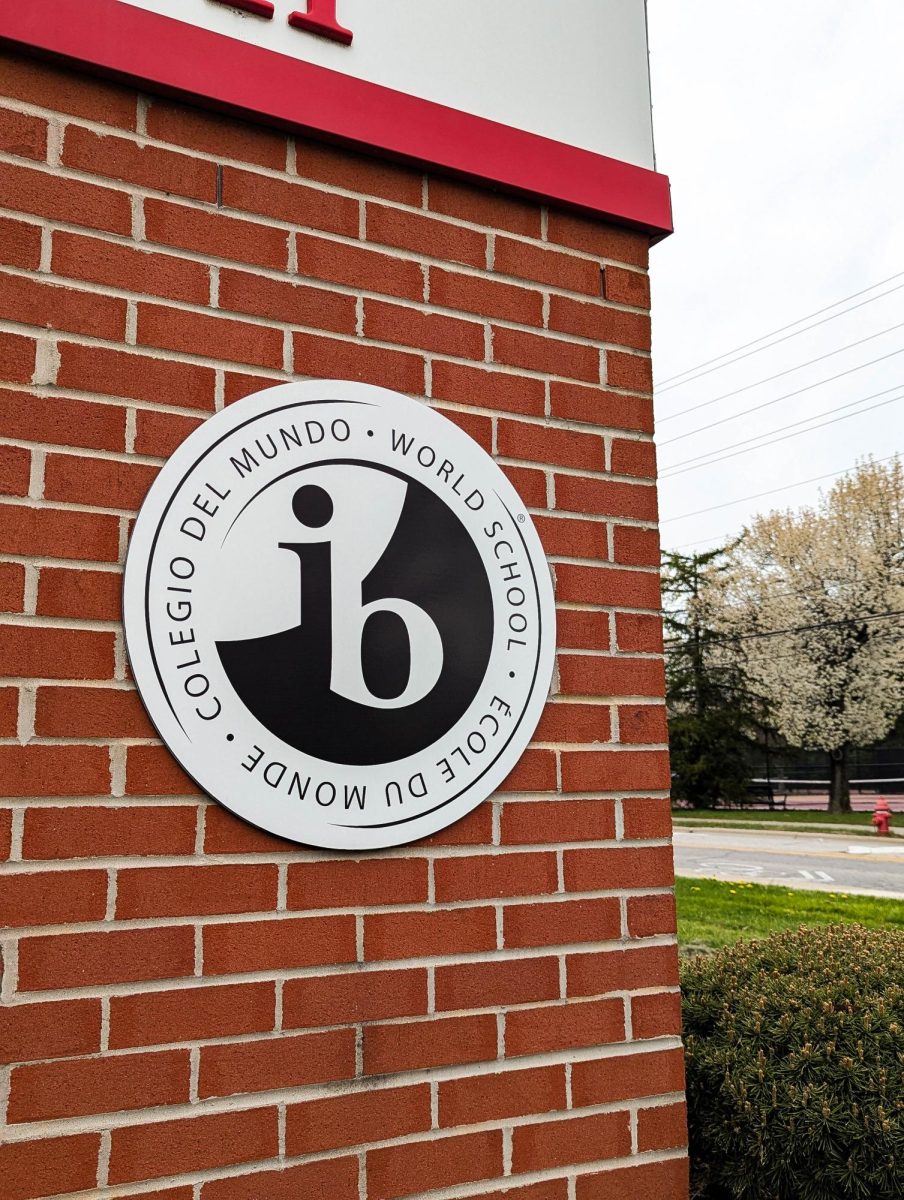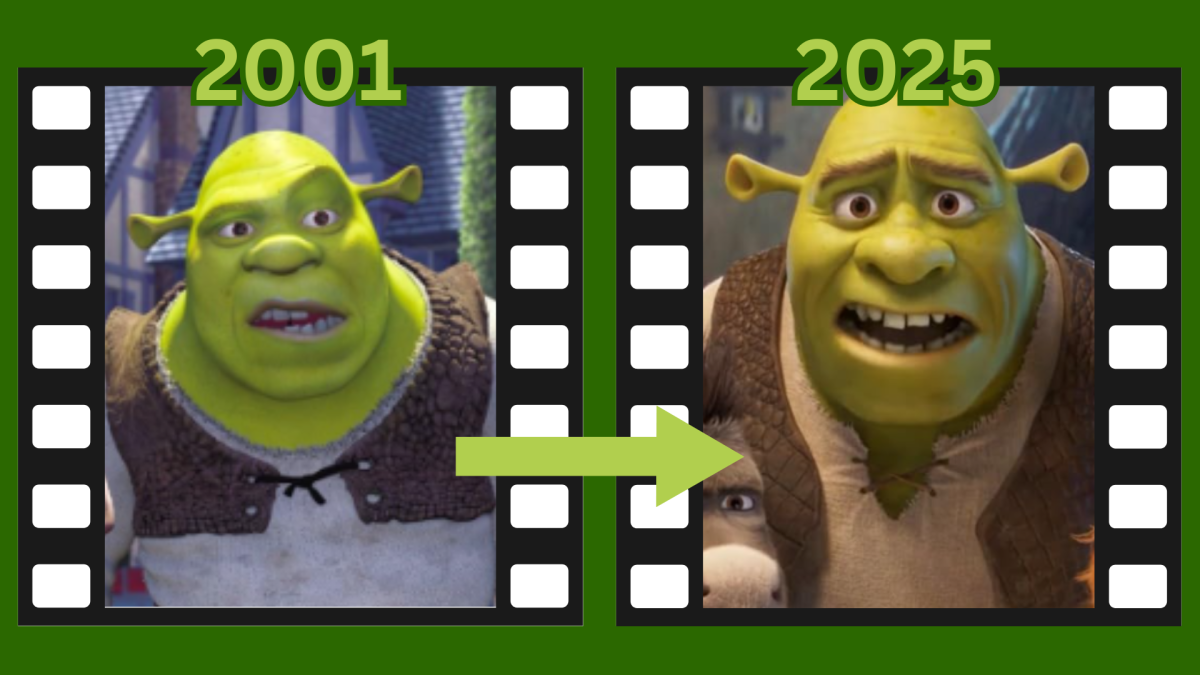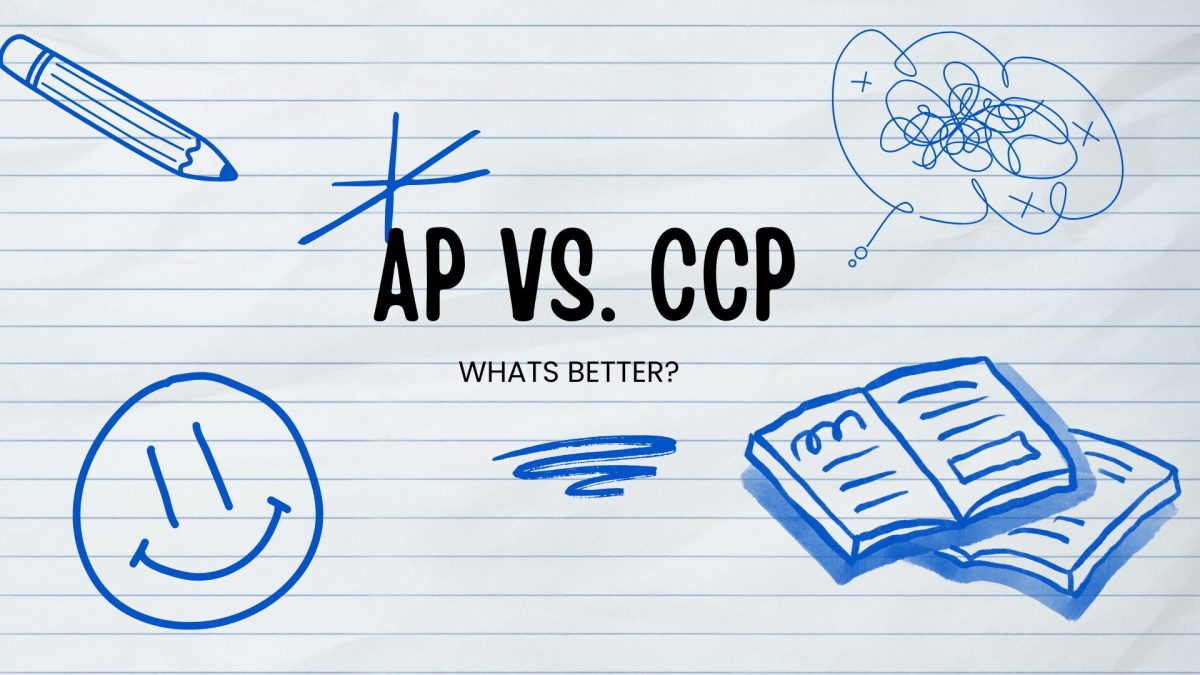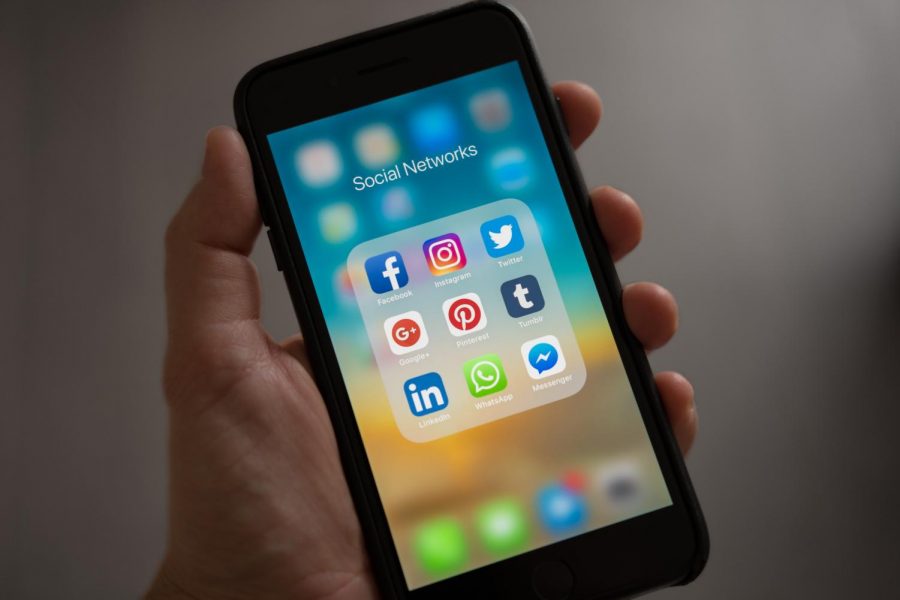The Federal Trade Commission recently sued Facebook, alleging that the social networking giant has illegally monopolized the social media industry.
The lawsuit, which was filed on Dec. 9, claims that Facebook has bought out competing companies, namely Instagram and WhatsApp, and used certain business strategies to deter others from attempting to compete.
According to a press release from the FTC, Facebook “has engaged in a systematic strategy … to eliminate threats to its monopoly.”
Business teacher Amanda Mosely described how a monopoly occurs.
“A monopoly is when one business owns the market on a good or service, meaning they are the only one that can provide that good or service,” Mosely explained.
In the presence of a monopoly, competition between businesses for customers does not exist. Mosely describes how a lack of competition has negative consequences for those customers.
“Competition brings the best products to market at the best price possible for consumers. If a business wants to eliminate their competition, they would own the market and can charge whatever prices they want,” Mosely said.
Business teacher Brick Davis described how anti-competitive conduct, which Facebook has been accused of, is used by businesses to dissuade and harm competitors.
“Anti-competitive conduct can be thought of as any practice by a company or government that does not allow for competition to occur. For example, setting a fixed price on a good/service that other companies cannot compete with, or giving exclusive deals to one specific company and not offering that same deal to another,” Davis explained.
Facebook’s alleged anti-competitive conduct wouldn’t just cause problems for other social media companies. Because social media reaches a massive audience, businesses of all kinds could suffer from the effects of a networking monopoly, according to Davis.
“It would limit the ability for businesses to advertise to [their] potential customers via social media. If a monopoly were to occur with Facebook, they’d have the ability to ‘block’ advertising from … businesses trying to reach out to [their] consumers,” Davis said.
The FTC alleges that Facebook imposed conditions on third-party software developers that it worked with, requiring that they agree not to work with or promote competitors in order to access valuable connections within Facebook’s platform.
“Facebook allegedly has made key APIs [application programming interfaces] available to third-party applications only on the condition that they refrain from developing competing functionalities, and from connecting with or promoting other social networking services,” the FTC’s official press release stated.
Facebook’s acquisition of popular apps Instagram and WhatsApp is also under fire by the FTC, but Mosely said it isn’t so easy to define what may hurt competition.
“One could say that … Facebook should not be allowed to [own] Instagram and WhatsApp to allow for more competition, but what if these apps were to fail if left on their own? That would hurt competition,” Mosely said.
The FTC is seeking an injunction in court that could “require divestitures of assets, including Instagram and WhatsApp; prohibit Facebook from imposing anti-competitive conditions on software developers; and require Facebook to seek prior notice and approval for future mergers and acquisitions,” according to a press release.
Social media users are divided on the issue.
Senior Will M. said it has become more and more difficult to avoid Facebook’s influence on social media.
“There are … more and more exclusive features [on other platforms] that require a Facebook account [to use],” M. said.
Facebook has integrated features like Facebook Messenger, an instant messaging platform used to communicate with Facebook friends and phone contacts alike, into other apps.
“It was better to keep things separate. It feels like everything is slowly merging into the same platform. Variety is good,” M. said.
Senior Christian Potter isn’t bothered by the shared features. He said Facebook’s ownership hasn’t had a major impact on his experience using Instagram.
“I don’t think I’ve realized the newly implemented features [exist]. I know you can link accounts, which I don’t care for, but I don’t really care at the end of the day,” Potter said.
Potter believes Facebook’s different apps cater to different consumers, which minimizes the effect of being owned by the same company.
“The sites have different audiences, and there are other sites, like Twitter,” Potter said.
Facebook’s alleged monopoly has raised many social media users’ concerns over the spread of misinformation, particularly during the recent presidential election. Davis warned users of all social media, Facebook-owned or not, to be aware of potential biases in the content they see.
“As is with any topic, be well versed in your information, and do not rely on just one source of information,” Davis said.
Mosely emphasized the importance of knowing what’s behind the product, from social networks to restaurants.
“Before a consumer blindly buys/uses a good or service, [they should] know who owns the company and what they stand for. Are they profit-driven? Do they want to be known as an innovator? Do they want to dominate the world?” Mosely said.






















